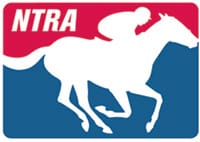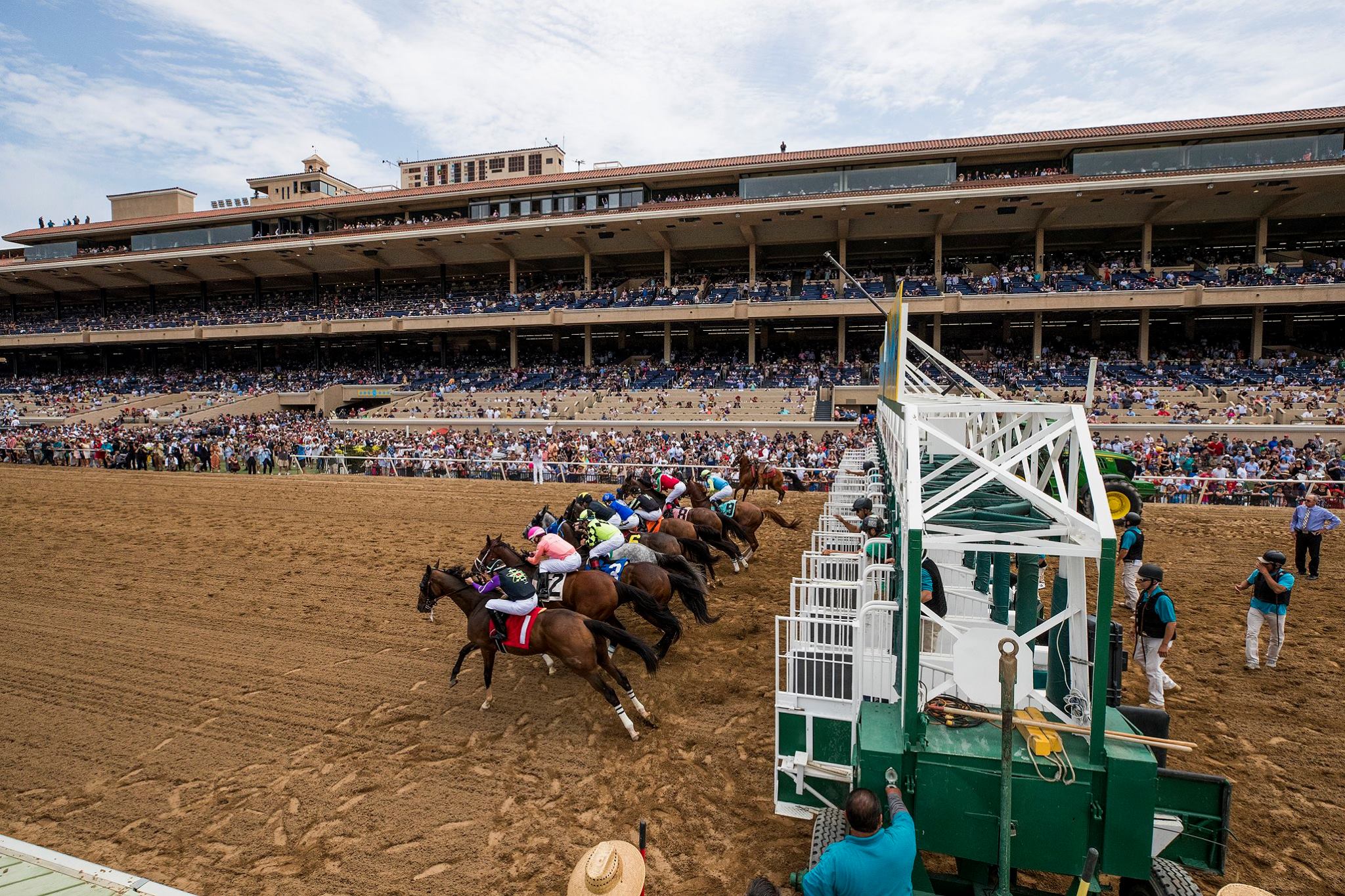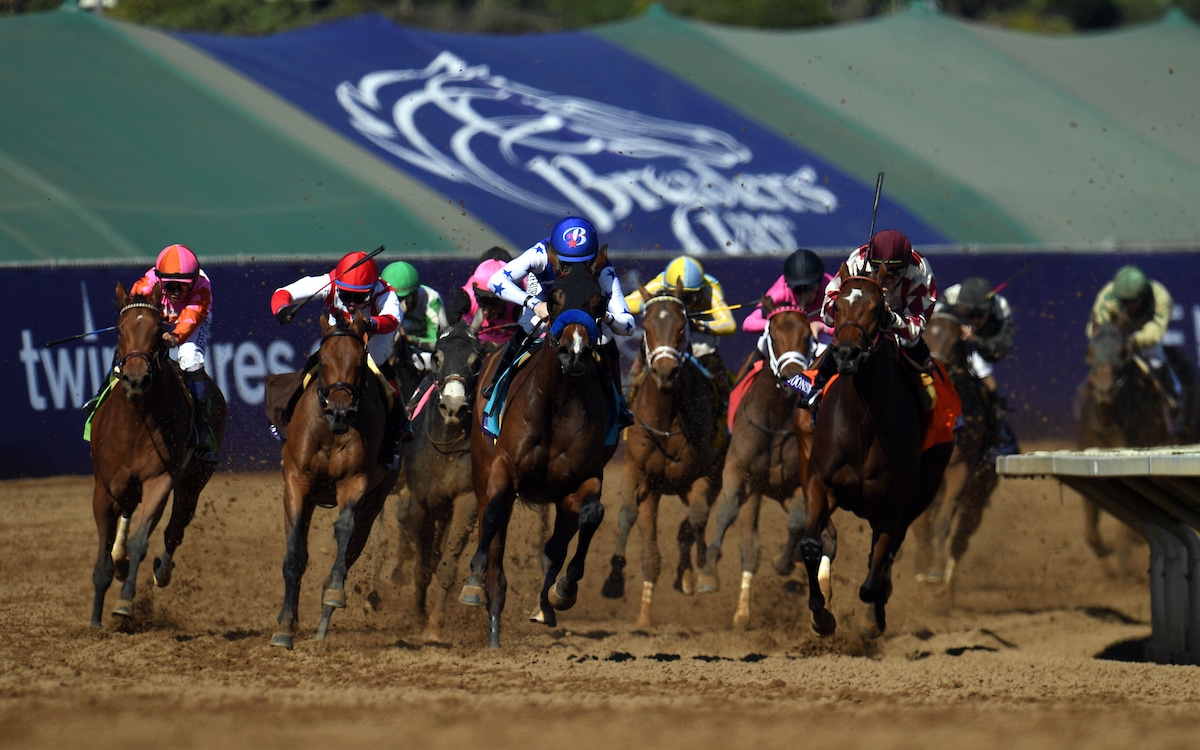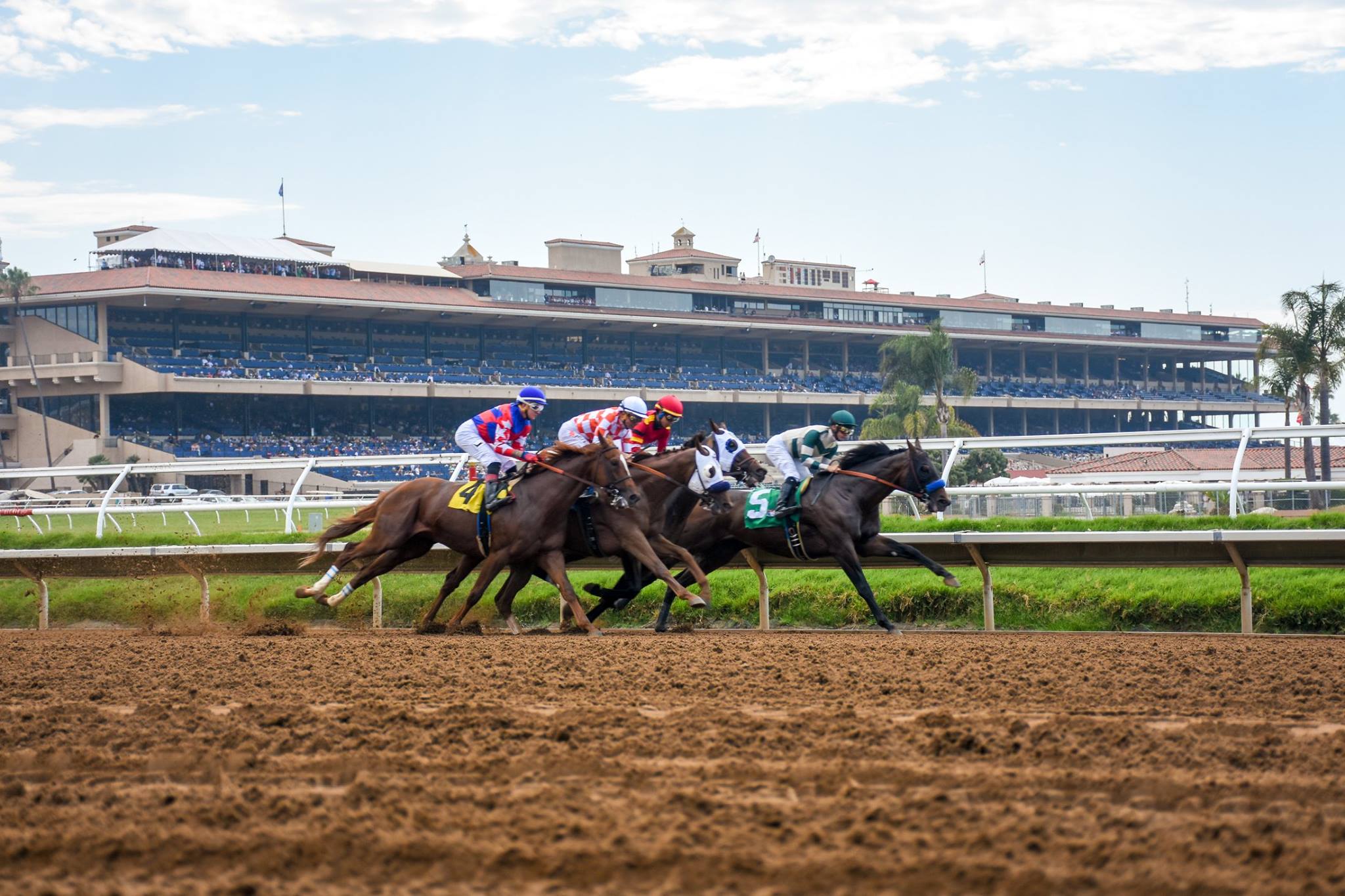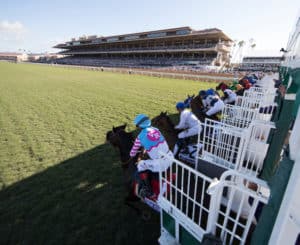
Brian Mulligan explains form and class and the handicapping process. (Photo credit: Breeders’ Cup Ltd.)
Form and class. They are intertwined forever and are two very important aspects to consider when betting on horses.
The current form of a racehorse is obviously of utmost importance to his chances of winning any particular afternoon. But form can be tricky.
Just because a horse is coming off a solid effort in which he won or was close to winning, one cannot assume he will repeat that performance. A win or loss by a narrow margin, which may have resulted from an all-out effort, can knock an ordinary thoroughbred off his sharpness very quickly. This can be devastating in distaffers and sometimes in older stock.
Good horses keep their form longer. That’s why they are good horses and are more reliable from a betting standpoint. They are usually sounder physically than the cheap horses and are just plain better athletes.
It’s difficult for an inexpensive claimer to maintain his good form for any long period of time. A bettor has to be able to attempt to evaluate how a particular horse is going to respond from a previous strenuous effort. Is the horse coming off an easy win, where he was allowed to get an easy lead and wasn’t pressured at any point of the race? Or is he coming off a demanding race, a race in which he was pushed every step of the way during a serious speed duel and was life and death to hold off his foes at the wire?
What is Class?
A term thrown around the racetrack like a nickel is the word class. It can mean many different things to many people and prove elusive in the evaluating process.
The adage ‘class tells’ sounds great. It sounds final. But the truth of the matter is class changes, even in the very best runners. Class is trickier and more vague than form and must be thought of as a means rather than an end.
If a horse has beaten or run very close to better animals than his present foes, or if he’s dropping to a level that he’s been successful at in the past, he fits solidly class-wise in the race.
For instance, if a race is written for 3-year-old allowance horses, which are non-winners of three races, other than maiden or claiming, a horse that has won 2 allowance races and has even beaten older horses in the process should be awarded a great shot in this fray.
Class Related to Speed
Class can also be directly related to speed. The faster a horse runs the better class of horse he can beat. Sharp horses can move up the class ladder beating higher-priced foes or intrinsically classier stock if things break their way.
If a horse is coming off a superior effort in cheaper company, but is catching a horse who has been running in top-caliber races but is at a disadvantage either distance-wise of pace-wise, the cheaper horse could become a prime betting opportunity.
This is one of my personal favorite plays. When a sharp horsemen jumps his runner far up the ladder, either in a claiming event or up the ladder in allowance ranks, he’s telling the world he thinks the horse is doing so good that he can stand the raise.
Often times the public will dismiss the runner because of the steep jump and rely on the tried and true form of a horse that has been running, but failing, at a particular level. The price is often right and a runner climbing the class ladder is fit and almost always live.
Evaluate form with an eye to today’s race. How is he likely to run today? When studying class, lean toward current class and try to put all the other elements into place before making a rash judgment.

